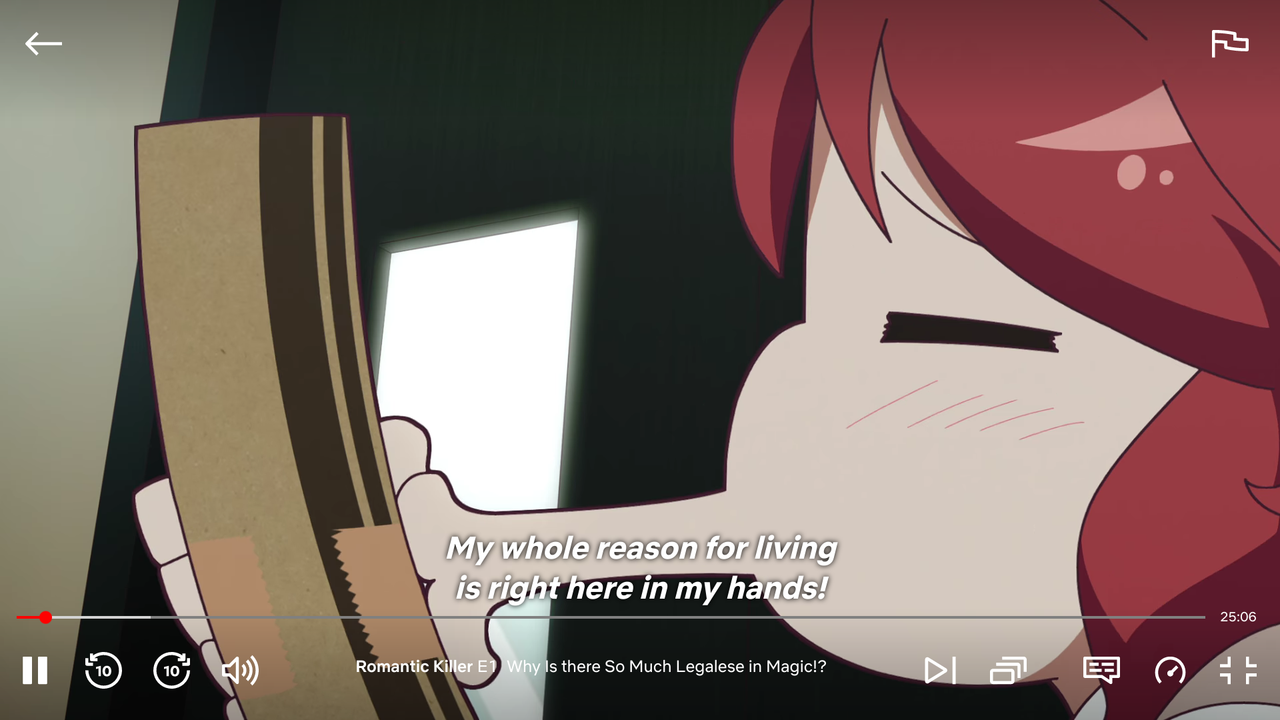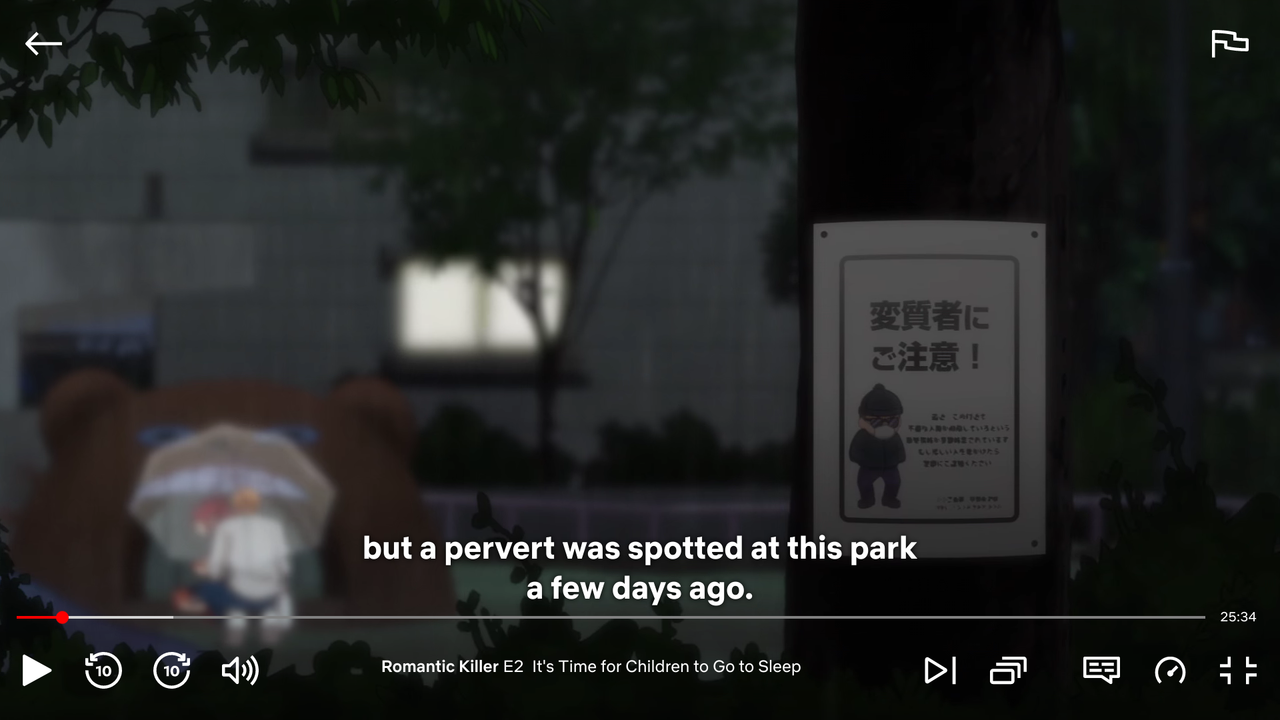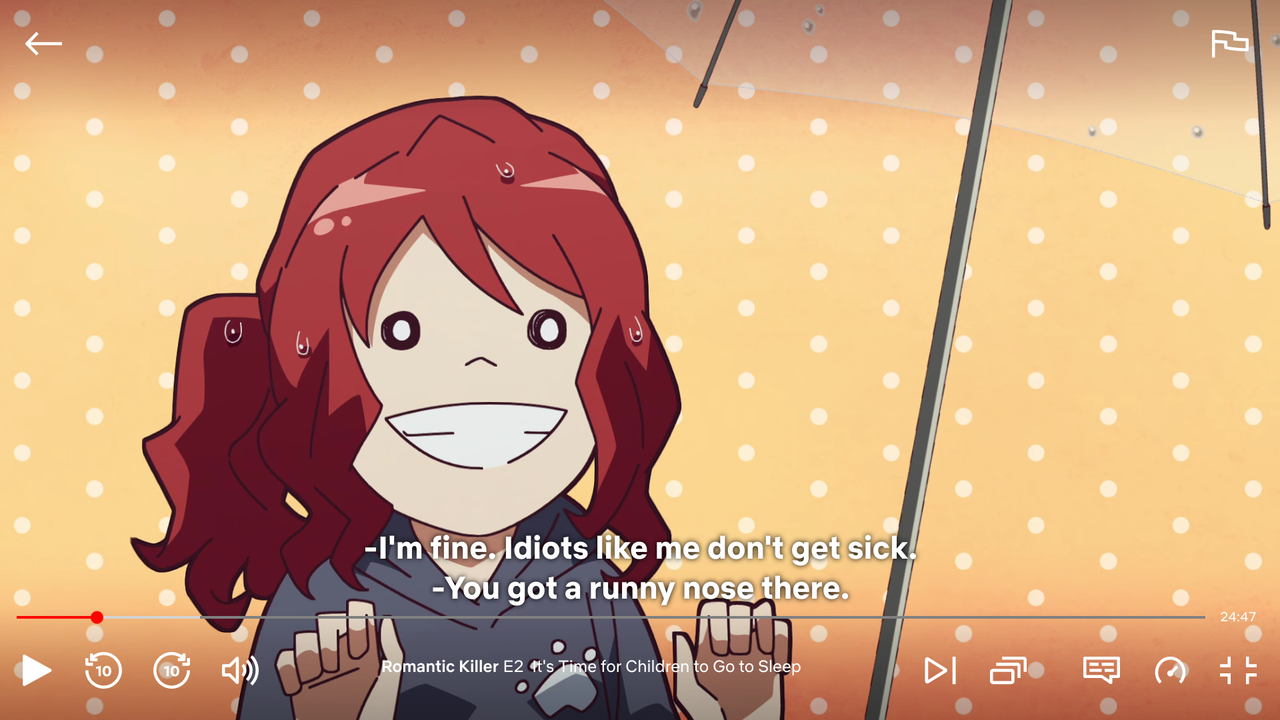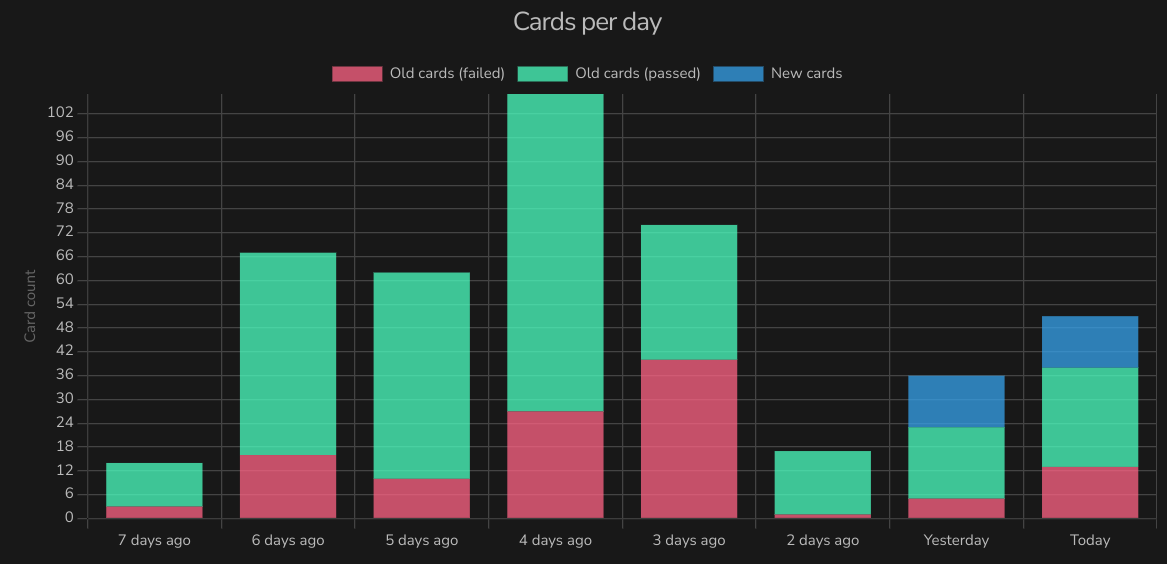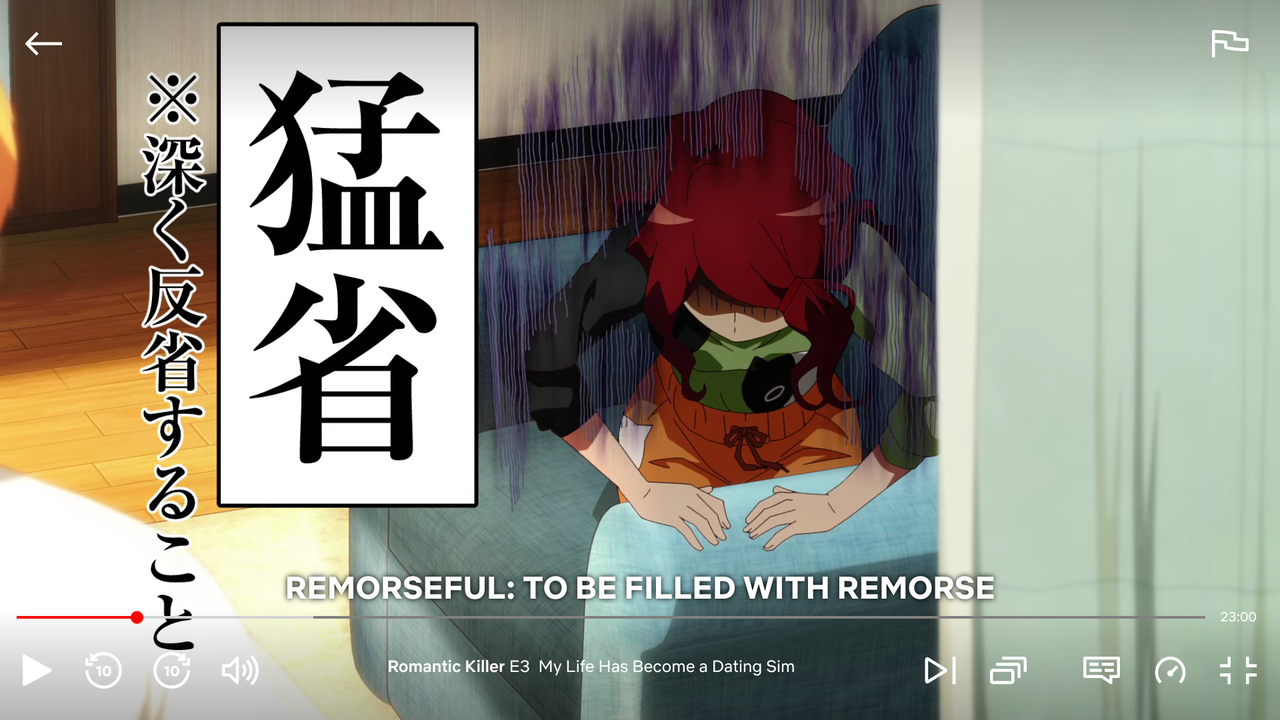As mentioned, I created a partial (up to ch18, the latest published - I accidentally wrote 19 in the screenshot) deck for The Jam Maker on JPDB today, which of course added some more reviews to the pile and also bumped up my known words and new cards. I also did four more JPDB review sessions today (5min each like usual, so 20m total) and got the review pile down to "only" 168. Obviously, this is still going to take a while.

Of course, the main reason that I decided to try only studying words from stories I've read on SR on JPDB this time around is not just because I've read the stories and thus theoretically have seen the words before. After all, it's not like I actually remember much about stories I've read a while ago, let along every single word.
The
real reason is because I figured that whenever I see a troublesome word, I can just look it up and find the context(s) it appeared in in SR and see the human translation (and sometimes annotations) to understand it better in context, something which is not possible when studying words from sources outside of SR. I looked up a bunch of such words today.
One example is くれぐれも, a word that has always troubled me. I looked up
where it appeared in Satori Reader in Hole in the Wall ch16 and saw a note explaining that the usual dictionary definitions are not actually correct and that it really means strong advice or admonition, so now I know (again).
It turns out that I actually
wrote about this last month but had forgotten about that completely. Although, looking back, what is really interesting is to see the note I had quoted there, from where it appears in News.
Usually, Satori Reader will re-use the same note whenever something appears in multiple stories, but it appears that in this case, they wrote different notes. For reference, when くれぐれも appears in Hole in the Wall, they have the following explanation:
The word kure-gure-mo can be a little hard to get your mind around, since the English definitions in the dictionary don't always seem to fit precisely.
The reason that the dictionary gives the definition as "repeatedly; sincerely; earnestly" is because this phrase comes before some warning or entreaty that the speaker wishes to convey strongly. It might help to think of it as meaning, "I urge you earnestly" or "no matter what you do."
Here's a common sentence you'll hear it in:
くれぐれも体に気を付けてください。
I urge you to please take care of yourself.
In the episode, Chuuya's dad is pressing the point: Maybe it worked out this time, but no matter what you do / I urge you earnestly, be careful of humans.
While the note I quoted before from News says
The kuregure mo on the front is an adverb that literally means "earnestly" or "sincerely," but it often comes before some well-intentioned admonition. Think of it as meaning "Take all good care and (do such-and-such)" or "Be very careful and ..."
Therefore, the above means "One wants to take every care to ensure that they don't come off at a critical moment."
An example of looking up a troublesome word that didn't go so well was ついている. After checking SR, I concluded that its inclusion in the decks was just a misparse and removed it (which is why you can see the word count for the Akiko deck go down by 1 from the screenshot yesterday).


